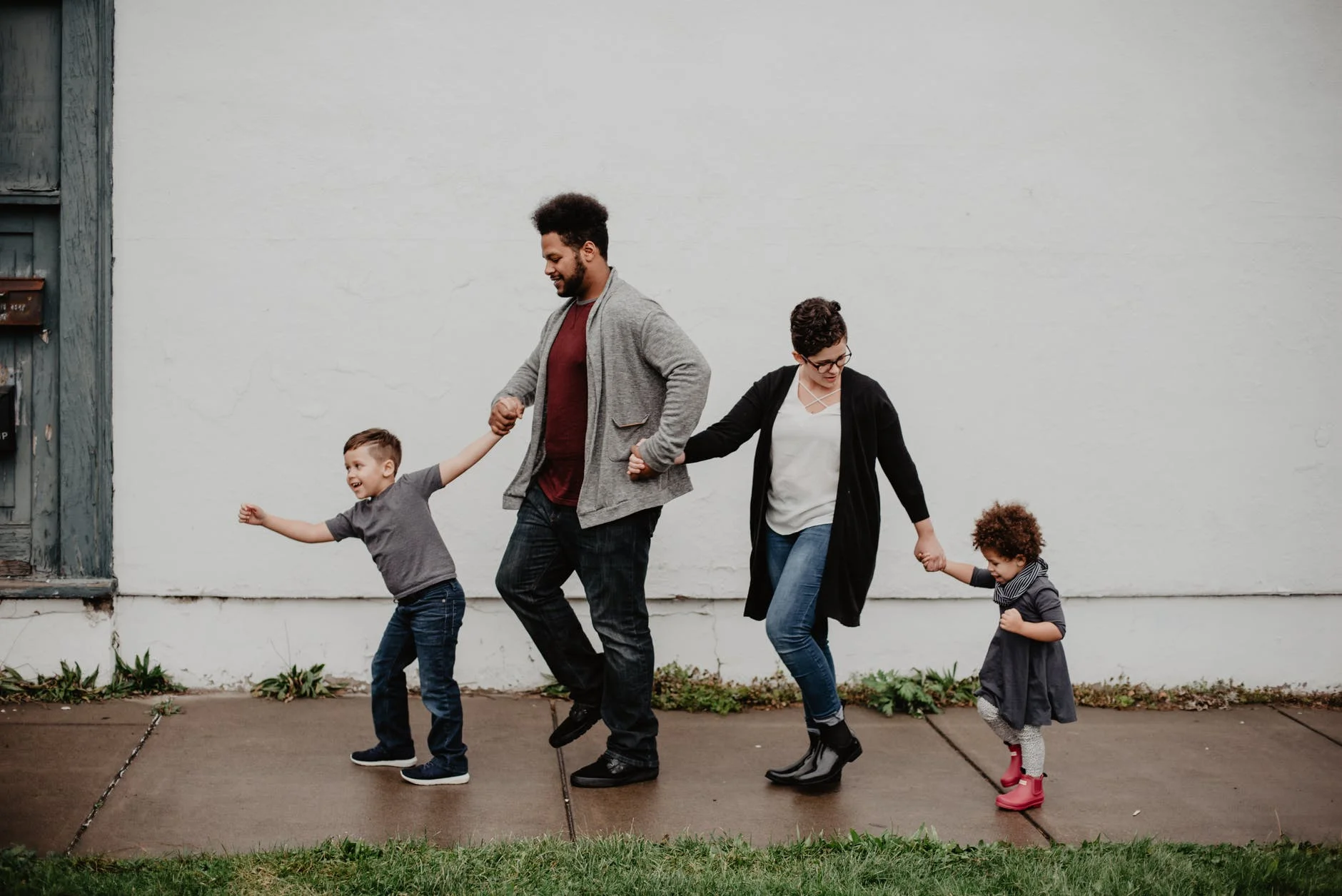Creating Meaning and Connection in Our Lives
Information, Linkages and Capacity Building Project
In a world full of complexities, each family unit has a unique set of experiences, stories and happenings. For families with a child with learning difficulties, Autism Spectrum Disorder (ASD) or autism-like characteristics, the complexity can often seem to grow out of one’s control. Anything that can assist with bringing back some control to the families goes a long way to helping families cope. Fortunately, the NDIS has stepped in with some much needed support. The NDIS is funding a National Project, with the aim to provide information, linkages and referrals to families that have young children with Autism, or Autism-like behaviours.
In a bid to branch out and assist people from all walks of life, each state of Australia has been provided with an opportunity to take part. Isabella Rosinsky is leading the project in Victoria. Isabella is the Victorian Manager for PlayConnect, a program for children with Autism or Autism-like symptoms.
“In Victoria, we are trialling a kind of cluster model of support to families and playgroups,” said Isabella.
“We have six PlayConnect playgroups in Victoria that we will be using as a kind of base for this support.”
Isabella has garnered the help of four experienced facilitators to see the project through.
In addition to facilitating PlayConnect playgroups, Isabella said the facilitators will be connecting with community playgroups, support services, community services and education services to deliver information, linkages and referrals to families with children with Autism, as well as helping build their parenting capacity.
“The project will also involve providing Inclusion support to community playgroups who want to do more to support children with additional needs.”
PlayConnect will truly be the core connector throughout the project. The facilitators aim to develop place-based support networks around six existing PlayConnect playgroups.
“All the early intervention research tells us that children with additional needs fair better in mainstream settings,” said Isabella.
“While that may be the case, most mainstream settings need, assistance with strategies for engaging those children. We can provide that assistance in playgroups and we can also help playgroup children transition into education.”
This project is strongly focused on inclusion and supporting the wellbeing of the entire family unit. One part of ongoing public discussion is about the futures of children with Autism or Autism-like behaviours. Part of that centres around society itself and how people treat people with Autism and Autism-like characteristics. This involves careful consideration about work opportunities and community involvement. The other part has to do with the support that the children and families with Autism or Autism-like characteristics receive, to be part of, and welcomed into the wider community.
“By helping children with additional needs to remain engaged in mainstream environments, they will have greater capacity and opportunities to be included in all aspects of community life,” said Isabella.
By building the capacity of parents and carers, and by increasing community awareness and understanding, there will be more environments that support diverse needs.
“The activities in this project will involve a fair bit of education and awareness raising on issues to do with Autism and the need for carer support,” said Isabella.
A National Needs Analysis was conducted prior to the launch of the ILC project. Isabella said that the results from this have informed the project design and the activities to deliver it.
Parents and carers of children with ASD or ASD-like characteristics try their best to navigate their life and create the best outcomes for their child, siblings and extended family. The ILC project endeavours to pave the way for them.
“In the early years, the voices of children with disabilities are heard mainly through their parents and carers who know them best and who are responsible for their care. These parents become their child’s advocate,” said Isabella.
“Very often, the parents themselves have ASD and are able to contribute through the lens of their own knowledge and experiences.”
There are many positive aspects to this project that are set to take place over the coming months.
“Our ultimate aim is to help make all playgroups safe, welcoming and supportive of children with additional needs,” said Isabella.
Article by Sinead Halliday

